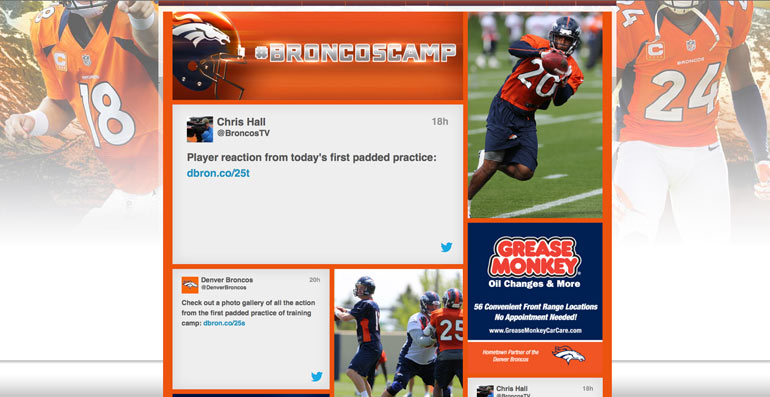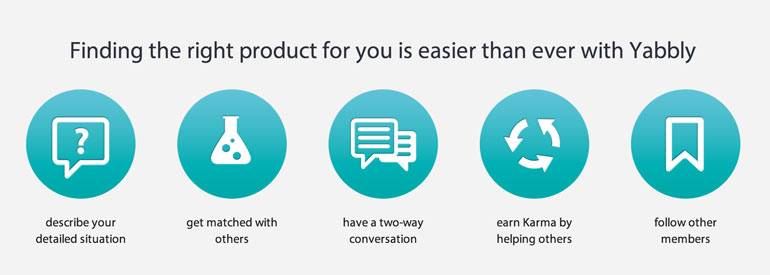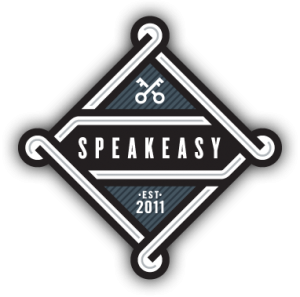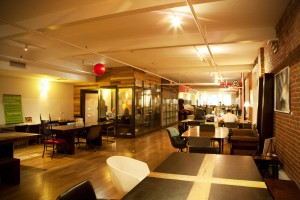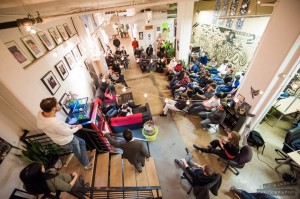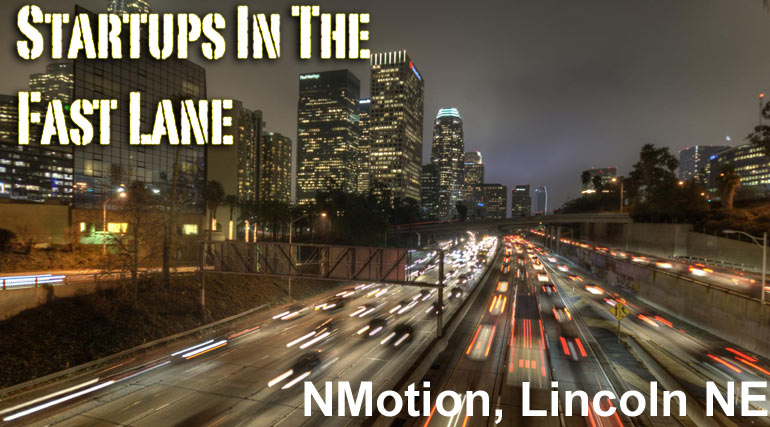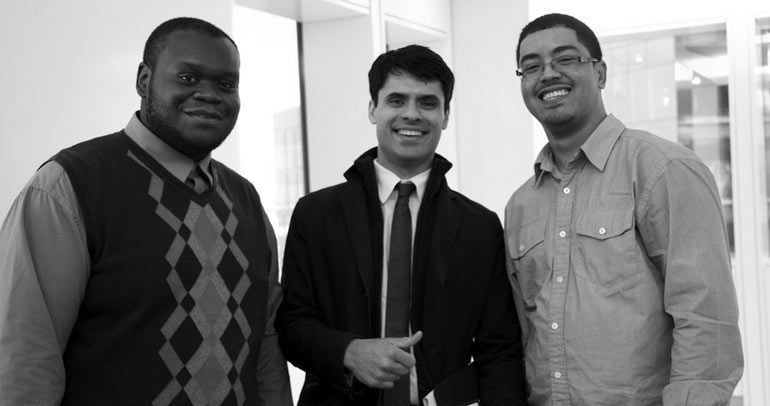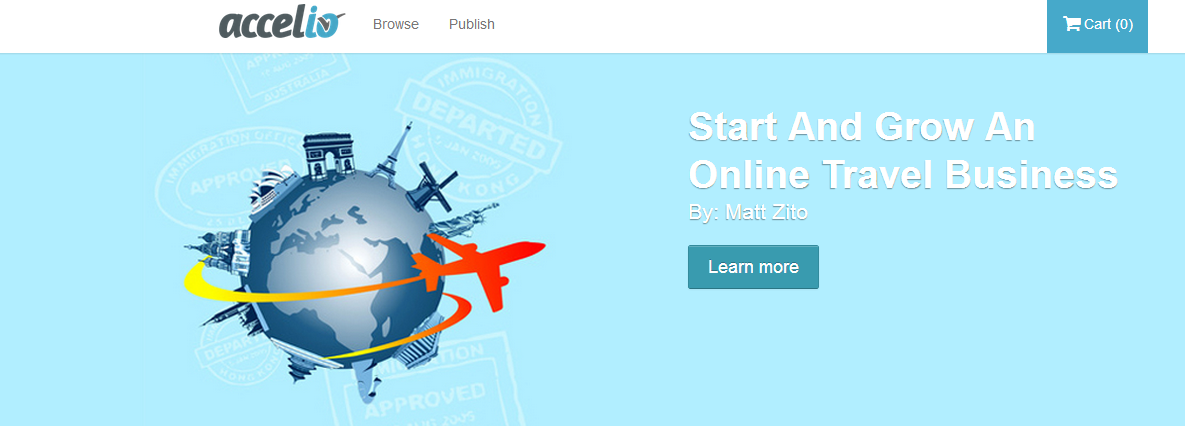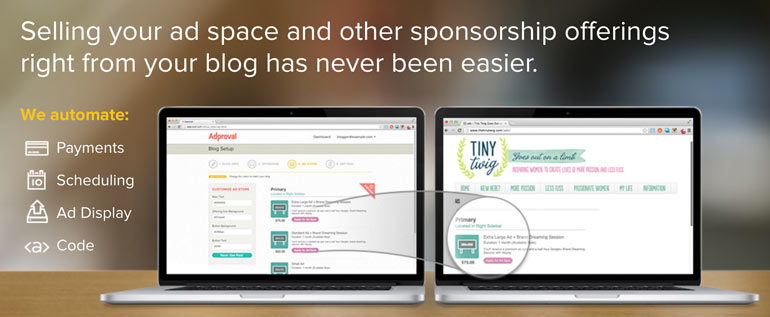Who would choose to work for some entrepreneur they met at a coffee shop, for little pay, unconventional hours, and without promise of Google-like fortunes? They may have a fantastic idea that will solve some great problem in modern society, but right now their eyes are bleary from too much caffeine and a scalding Macbook. It’s hard to believe in them.
Startups not only face difficulty in convincing prospective investors and clients, but also potential employees whose talents would make a valuable contribution to the ever-growing company. Capital might not be the greatest resource at your disposal, but your people are.
As entrepreneurs, it’s easy to fantasize about the kind of company culture you’d like to foster in the future: throngs of employees working diligently and creatively, in between collective games of Call of Duty. In reality, culture building happens the moment one other person says ‘yes’ to joining your crazy idea for a company.
The famed animation studio Pixar faced the same struggle to build culture. The production house that totes 27 Academy Awards on its mantle started out with sleep-deprived, passionate people who took a chance on an idea they believed in. Since its inception in 1979, Pixar has taken many directions, from producing special effects for Star Trek to working on a commercial for Listerine. Despite the change in vision, structure, or ownership, the individuals who were so passionate about their craft and creating a company notable for what it offered the world made Pixar great. By no means did this happen without investment and capital, but it started with the right people.
In James Collins’ celebrated book Good to Great, he emphasizes recruiting the right people, who are flexible and put in their time and energy day after day, even when the vision or direction of a company might take a detour. He says that while vision is essential when starting a business and gaining employees, “If you begin with ‘who’ rather than ‘what,’ you can more easily adapt to a changing world.”
One of the really important features of our company culture is a strong emphasis on trust and validation. In our industry most young, ambitious animators want to go work for the larger, more legendary studios in New York or Los Angeles, where they will probably be made to work longer hours and receive little credit.
While this is the reality of many recent graduates and young professionals in their career development journey, we try to value and recognize each accomplishment made, whether that’s with bonuses for especially noteworthy projects or getting taken out to lunch because someone forgot to bring theirs for the day. Every person, no matter how old or how young, desires a place in a community and to feel like their work is valued and contributes to something greater than themselves. We may not have the notoriety of a large studio, but what defines our culture is how satisfied and ambitious those brave souls are who have joined our growing studio.
Investing in human capital proves to be just as important as your real capital. Find those select few who invest their time, talents, and future in your company, because those are the ones who will be there at the end of the day, even when financial backers may not be.
Joshua Colfer is with ProdigiArts a Memphis animation, design and development firm. See what they can do for your startup visit them on the web at prodigiarts.com





